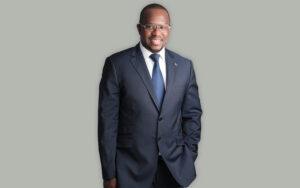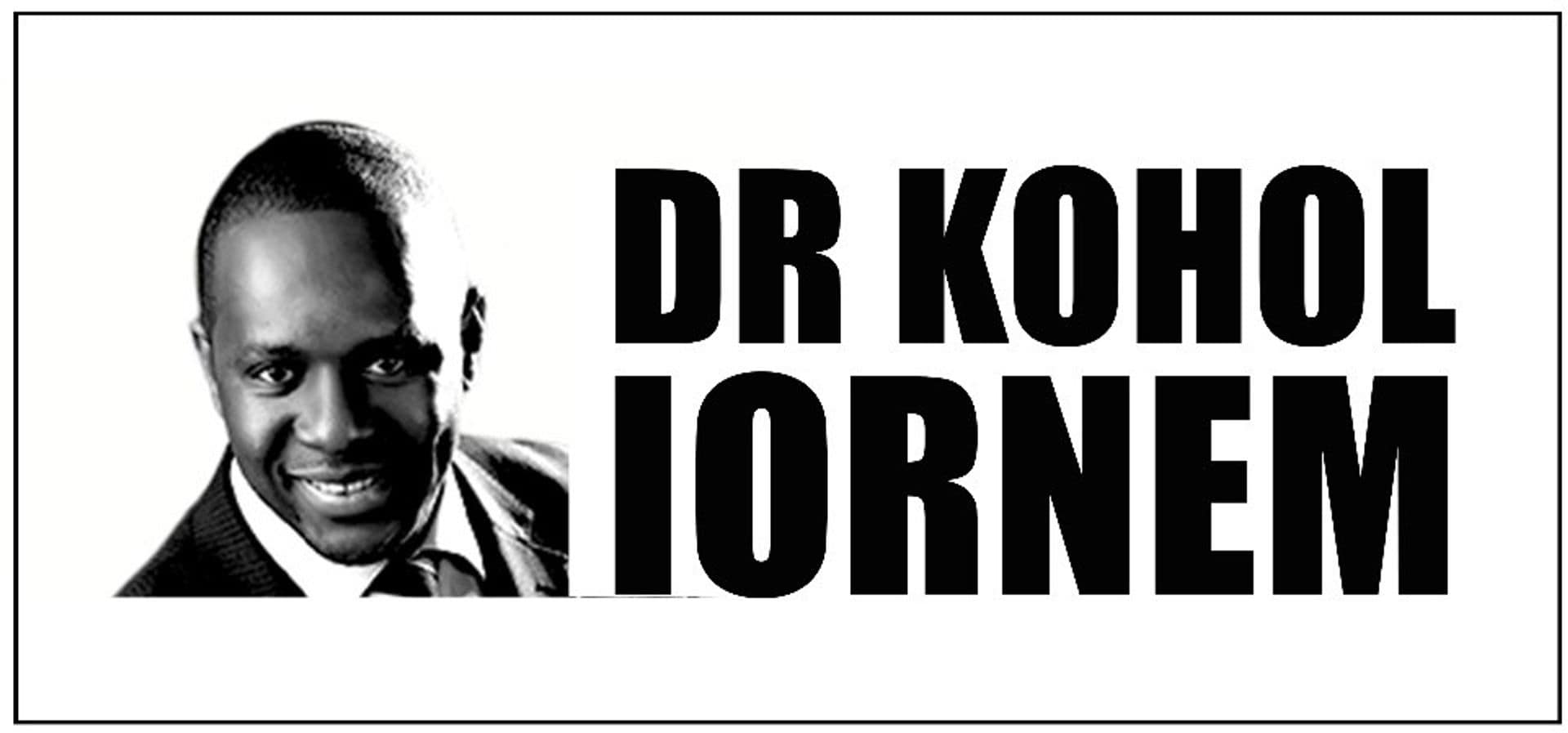
Politicians Have Starved Our People So That They Cannot Think Properly: A Call for Diasporans to Play Active Role in Politics
By Dr Kohol Iornem
A story is told of a captive who was tortured by his abductors. They locked him in a cell, maltreated and starved him. They occasionally brought little food for him and before they gave him, they made him suffer to retrieve it by using a stick to pull the food closer. One day he had a chance to escape when the guard on duty brought food for him. As the guard was about to leave, the key to the prison fell nearby. The captive was in a dilemma. He was caught between using the stick to pull the bread that the guard dropped for him or using the stick to retrieve the key and free himself. But what did he do? He took the bread instead. This story has generated many philosophical responses to the question, “why did the prisoner choose the bread instead of the key?”
During my interaction with citizens in my constituency, one person said, “if you keep people busy with basic needs, they will forget about the freedom they lost”. Another said, “it is the way he has been conditioned. That he did not have any other means of survival and did not know how it feels to be free”. One response that caught my attention was, “when someone is hungry, they stop thinking properly”.All these comments make me begin to see an application of Maslow’s Hierarchy of Needs in the prisoner’s choice.
According to Maslow, people have five sets of needs, which come in a particular order and as each level of needs is satisfied, the desire to fulfil the next set kicks in. It is difficult to skip a level to the next. The lowest of the needs is the physiological needs, which Maslow described as the basic needs for bodily functioning e.g. food, water, shelter and sex. The next level of needs up the pyramid are safety needs, love and belonging needs, esteem needs, and self-actualization needs. We can therefore conclude that the captive acted in line with Maslow’s Hierarchy of Needs by going for the basic need – food (physiological needs). It is only after satisfying the physiological needs that safety needs would have probably come in.
Another classical example is the Bible story of Esau selling his birthright to Jacob for a bowl of soup in Genisis 25:29-34:
“And Esau said to Jacob, “Let me eat some of that red stew, for I am exhausted!” 31 Jacob said, “Sell me your birthright now.” 32 Esau said, “I am about to die; of what use is a birthright to me? 33 Jacob said, “Swear to me now.” So he swore to him and sold his birthright to Jacob.”
The two stories I have shared are exactly what our people are going through in the hands of our politicians. During my consultations with key stakeholders and the grassroots to seek their blessings for my House of Reps ambition in the upcoming elections in 2023, I was met with this sad reality. Our people are suffering. Like the prisoner, they have been conditioned to believe that eating a slice of bread in captivity is better than dying from “starvation” in freedom. The governments and politicians have deliberately made them to rely on breadcrumbs. The people are not empowered to fend for themselves. They don’t know what freedom feels like. Farming which is their main source of livelihood has also been taken away because of insecurity.
Our politicians have conditioned their minds to subscribe to ethnic (zoning) and religious sentiments. They have put fear and uncertainty in the minds of the masses. You hear them say, “if this position goes to this ethnic group, they will marginalise you or it will never come back to your zone again”. For this reason, the people throw away track record, experience, accountability, and credible people and settle for a mediocre from their ethnic background or ward.
Our politicians have created a system to checkmate the masses into doing their bidding. They have created a system to eliminate the youth and people of integrity. They have been able to achieve this through the sale of party’s nomination forms at exorbitant prices. When credible people with good track record join their party, they say,“you will have to join the queue as there are others in the party before you”. Our politicians have no other job other than being in active politics. That is why when they lose elections, they continue to romance with the government-in-power for political appointments while others go on sabbatical and return after four years to contest again. This is also why politics has become a do-or-die affair, with assassinations and the proliferation of killing gangs as the new normal of politics.
In Benue, we have leaders that have held top government positions for many years, majority of them have spent over 20 years. Yet, we cannot boast of a single local industry in the state. It is indeed shameful that we are still referring to Aper Aku and Fr Moses Adasu as the only Governors who had foresight when we have more government expenditure now, and enormous technology abounds that can be leveraged upon to develop the state in terms of industrial growth and innovation.
My recent political outings have made me to painfully realise the importance of the role of the diaspora in salvaging our failing country. Many of us migrated to seek better lives, whether in terms of quality education as a student, or job opportunities as an economic migrant, or through other means not elsewhere classified. We have witnessed first-hand how effective systems, laws and infrastructures are maintained for the betterment of the citizens; therefore, we are duty-bound to export our experience and knowledge back to help our country. Many of our people cannot ask for good governance if they have not witnessed it. They are like the prisoner who will always go for bread instead of the key. They are like Esau who sold his birthright for a bowl of soup. That is why they sell their votes for little things like salt, maggi and a few hundred nairas.
Notwithstanding, I’m glad that many Tiv sons and daughters from diaspora are playing active roles in politics. However, we need more like-minded people in the diaspora to come together because politics, is about numbers. The masses are looking up to us in the diaspora. They know the truth (that we have what it takes to deliver based on our exposure), but the reality (poverty) hits them hard that they find it difficult to make the right choices. The message which they must be told is, anyone can give them food but the key to their freedom cannot be given, it must be fought for. But more importantly, we in the Diaspora should also take the lead in the fight for our people’s freedom because we are not economically vulnerable like them!
